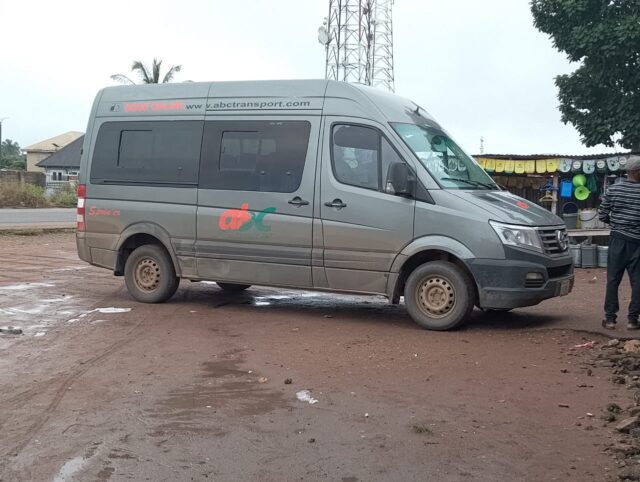A passenger traveling with ABC Transport Company encountered significant frustration after missing her scheduled bus to Calabar.
Arriving slightly late for the 5:30 am departure, she discovered the bus had already left the park.
Despite her pleas to catch up with the bus or be offered an alternative solution, the company only proposed rescheduling her trip for the next day.
Faced with a pressing appointment, the passenger opted to request a refund instead. To her dismay, she was refunded only ₦16,000 of the ₦32,000 fare, with the company citing its strict refund policy.
Outraged, she described the experience as “daylight robbery,” questioning why no alternative arrangements were made.
“Imagine these people, not even 10% but 50% of the fare? That is pure daylight robbery,” she exclaimed.
 “They said the departure time was 5:30 am, and I couldn’t get there at that time. Someone called and asked me where I was, and I told them I was on my way. He told me that if I wasn’t there in 2 minutes, the bus would leave. I asked them to call the driver so I could meet up, but they refused. When I asked for an alternative, they told me there was nothing they could do, except for me to reschedule for the next day. I asked for a refund so I could book elsewhere, and they ended up giving me only ₦16,000 out of the ₦32,000 I paid.”
“They said the departure time was 5:30 am, and I couldn’t get there at that time. Someone called and asked me where I was, and I told them I was on my way. He told me that if I wasn’t there in 2 minutes, the bus would leave. I asked them to call the driver so I could meet up, but they refused. When I asked for an alternative, they told me there was nothing they could do, except for me to reschedule for the next day. I asked for a refund so I could book elsewhere, and they ended up giving me only ₦16,000 out of the ₦32,000 I paid.”
To add insult to injury, on her return trip from Calabar, the passenger faced yet another inconvenience. The bus, scheduled to depart at 6:15 am, did not leave the park until 7:40 am, with no explanation provided for the delay. This further fueled her frustration with the company’s policies, as she noted the stark lack of fairness—customers are penalized for lateness, but the company faces no repercussions for its own delays.
This incident has sparked debate over the fairness of transport policies and whether companies should be held accountable for delays and other inconveniences that negatively impact their customers’ schedules.










